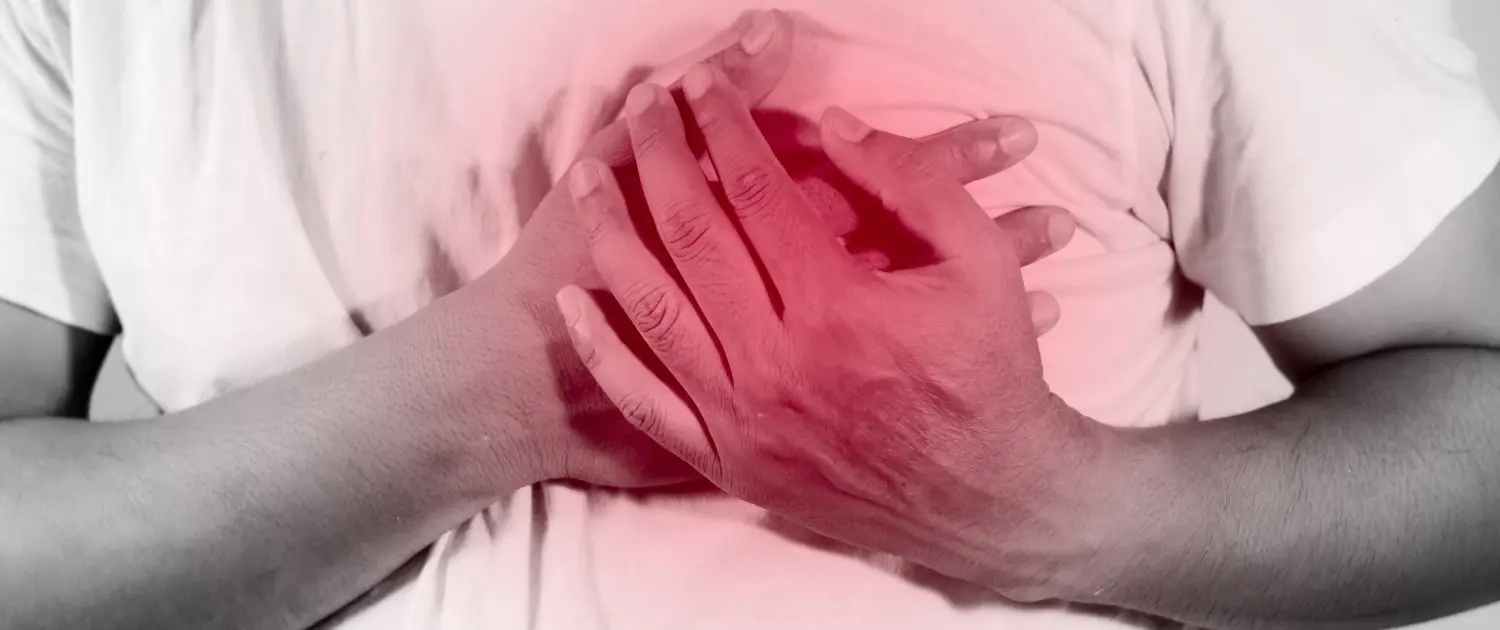Ketogenic Diet
The ketogenic diet has been the preferred way of eating for many years. This method, which is generally preferred for weight loss, aims to consume low-carbohydrate and fat-rich foods. The ketogenic diet method, which has been used in previous centuries for the treatment of certain ailments, is extremely rich in butter, cheese, eggs, meat, nuts, oils, seafood and seeds. So, is it possible to lose 12 kilos in 2 weeks with a ketogenic diet? Let’s get to know the ketogenic diet more closely and review its possible harms!
What is the Ketogenic Diet?
The ketogenic diet is a way of eating that drastically restricts carbohydrates so that the body can burn more fat while consuming energy. In this diet, more fat is consumed to replace the restricted carbohydrates. With a reduction in carbohydrate consumption, the body starts burning fat for energy. Fat burning can happen faster than ever before in your body. Fruits, vegetables, grains, cereals, potatoes, sweets or other carbohydrate-rich foods are not included in the ketogenic diet. Instead, more fat-rich nuts, seafood and meat are consumed.

How to Follow the Ketogenic Diet?
Based on a low carbohydrate intake, the ketogenic diet aims to use a different type of fuel when expending energy. In this diet, sugar from carbohydrates, glucose, is almost non-existent. Instead, ketones produced by the liver from stored fat are burned. It takes a long time for the body to get to the stage of burning ketones. Therefore, it may be difficult for you to reach this stage with a 3-day ketogenic diet list. With a ketogenic diet list of at least 7 days, you can get your body to the stage where it will burn ketones.
In order for the liver to create ketones, your diet needs to be like this:
- You should consume less than 20 to 50 grams of carbohydrates per day. For example, a medium banana alone has approximately 27 grams of carbohydrates.
- Since consuming too much protein can prevent ketosis, fats are the food group you should include the most in your diet.
- It usually takes some time for the liver to form ketones. Therefore, for the best effect, it may be necessary to make a 1-week ketogenic diet list or a 15-day ketogenic diet list. If your specialist recommends it, you can also follow a 21-day ketogenic diet list.
When your diet becomes suitable for a ketogenic diet in the medium term, your liver starts to burn the ketones it creates.
What are the Types of Ketogenic Diet?
There are many types of ketogenic diet. The main goal of all of them is to restrict carbohydrate intake. The type that aims to provide about 5 percent of calories from carbohydrates, 20 percent from protein and 75 percent from dietary fats is one of the most preferred types of this diet. This standard plan allows up to 70 grams of carbohydrates per day, depending on the person’s caloric needs, but should not exceed 50 grams.
We can list the types of ketogenic diet as follows:
- Standard Ketogenic Diet: It is a diet consisting of 70-75% fat, 5-10% carbohydrates and the remainder proteins.
- Cyclical Ketogenic Diet: It is a type of diet that recommends 5 days of ketogenic nutrition followed by 2 days of high-carbohydrate nutrition.
- Targeted Ketogenic Diet: Similar to the standard ketogenic diet, you are allowed to add carbohydrates before or after workouts.
Although there are many other types of ketogenic diet, the most commonly preferred is the standard ketogenic diet.
What are the Benefits of the Ketogenic Diet?
This diet, which restricts carbohydrate intake, was originally introduced not for weight loss but for the treatment of certain diseases. Although it can still be used in the treatment of neurological diseases such as epilepsy, it is now mostly known as a weight loss diet.
The most well-known benefits of the ketogenic diet are as follows:
- This way of eating can help you lose weight fast by melting your fat.
- It can help keep factors such as cholesterol, blood pressure, blood sugar at better levels.
- It can improve the symptoms of Alzheimer’s disease.
- May stabilize insulin levels in polycystic ovary syndrome.
Although it seems to be beneficial for many diseases, there are also physicians who think that the ketogenic diet is harmful for health. For this reason, you should definitely consult your doctor before deciding to follow a ketogenic diet for the healing of any of your diseases.
Is Ketogenic Diet Harmful?
The ketogenic diet, which was used for the treatment of diseases in ancient times, is now being talked about its harms. Ketogenic diet harms are generally due to the fact that it is a diet that is very high in saturated fat. Since ketogenic dietary restrictions include important food groups such as vegetables, fruits and grains, you may be deprived of resources such as selenium, magnesium, phosphorus, vitamins B and C in the long term.
Ketogenic dieters may also face the following problems in the long term as they are deprived of these nutrients:
- Constipation
- Nutrient deficiencies
- Liver problems
- Kidney problems
- Mood swings
- Difficulty thinking and decision-making
Because of all these factors, those who are on or considering a ketogenic diet should first consult doctors or nutritionists. With the advice of your specialist, you can get ketogenic diet samples and follow the diet under supervision.




